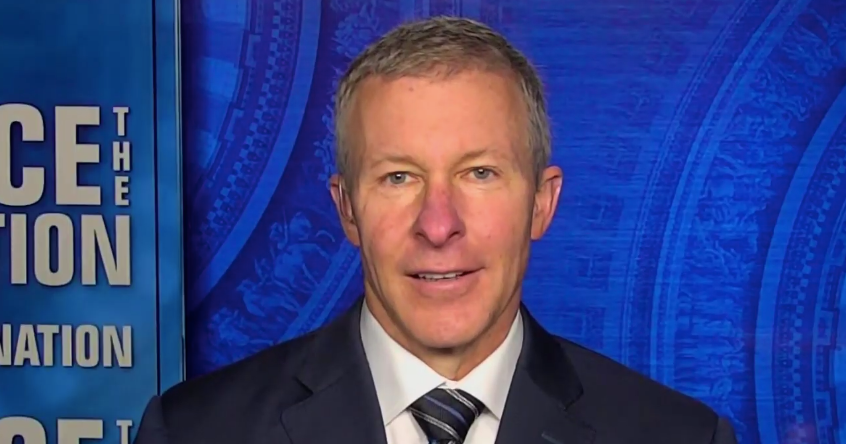“`html
Inside United Airlines: CEO Scott Kirby’s Vision for the Future
In a candid interview on CBS’s “Face the Nation,” United Airlines CEO Scott Kirby outlined his ambitious strategy to redefine air travel in a post-pandemic world. Speaking on Sunday, Kirby addressed industry challenges, from operational hurdles to sustainability goals, while emphasizing innovation and customer-centric growth. His vision positions United as a leader in adapting to evolving passenger expectations and technological advancements.
The airline industry, still recovering from the pandemic’s fallout, faces a complex landscape. Kirby acknowledged United’s struggles with staffing shortages and supply chain disruptions but highlighted a 12% year-over-year increase in passenger volume as of Q2 2023. “The worst is behind us,” he said, “but the real work begins now—rebuilding trust and delivering consistent excellence.”
Key to this effort is United’s $2.6 billion investment in operational upgrades, including:
- Expanding its fleet with 270 new Boeing and Airbus aircraft by 2026
- Hiring 15,000 employees in 2023 alone
- Reducing flight cancellations by 40% compared to 2022
Innovation as a Competitive Edge
Kirby stressed that technology will drive United’s future success. The airline recently partnered with aerospace startup Boom Supersonic to purchase 15 Overture jets, aiming to revive commercial supersonic travel by 2029. Additionally, United is testing AI-powered baggage handling systems to minimize lost luggage, a pain point costing airlines $2.5 billion annually.
Aviation analyst Rebecca Carter of Skies Research noted: “United’s aggressive tech adoption mirrors Delta’s early bet on biometrics. Kirby understands that post-pandemic travelers prioritize efficiency and novelty.”
Sustainability Amid Scrutiny
With aviation contributing 2.5% of global CO2 emissions, Kirby faced questions about United’s environmental commitments. He pointed to the airline’s $50 million investment in sustainable aviation fuel (SAF) producers and a pledge to achieve net-zero emissions by 2050. However, critics argue the timeline lacks urgency.
Climate policy expert Dr. Mark Ellison countered: “While United’s SAF initiatives are commendable, true leadership requires faster decarbonization. Current SAF production meets just 0.1% of industry demand.”
Customer Experience Overhaul
Kirby revealed plans to revamp United’s premium offerings, including:
- Lie-flat seats on all transcontinental routes
- Expanded free Wi-Fi for loyalty members
- A new app feature predicting flight delays before official announcements
The moves come as business travel rebounds to 80% of pre-pandemic levels, with premium cabin revenue up 25% year-over-year.
The Road Ahead: Challenges and Opportunities
Despite optimism, risks loom. Rising fuel costs could erase Q3 profits, and pilot unions demand higher wages amid industry-wide shortages. Yet Kirby remains bullish, citing United’s $8 billion in liquidity as a buffer.
Looking ahead, United aims to:
- Increase international routes by 30% by 2025
- Launch the first electric aircraft pilot program with Heart Aerospace
- Reduce carbon intensity 50% by 2035
As airlines navigate an era of transformation, Kirby’s blueprint blends pragmatism with ambition. For travelers and investors alike, United’s trajectory offers a case study in adapting to aviation’s new realities.
What’s Next: United will detail its Q3 performance in an earnings call October 18. Industry watchers await updates on the supersonic project and potential labor agreements.
“`
See more Business Focus Insider Team

